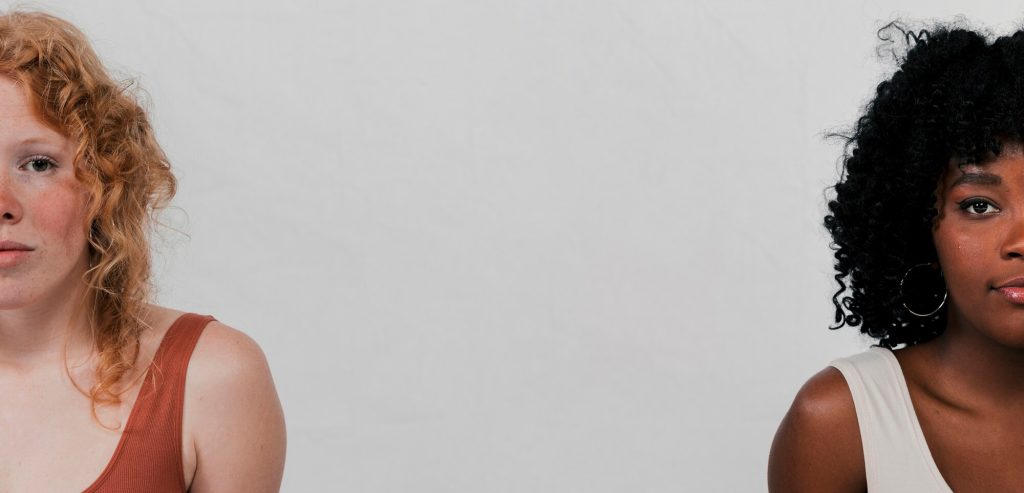
If you’re a new parent and your baby’s sleep seems more unpredictable than a weather forecast, you’re not alone. The first three months of a baby’s life are often described as the “fourth trimester”—a period of adjustment where everything is new, including sleep patterns. One minute they’re snoozing like an angel, and the next they’re wide awake at 3 a.m., staring at the ceiling like a tiny philosopher.
So what’s normal? What should you expect? And more importantly, when can you expect to sleep again?
Let’s dive into the fascinating (and often frustrating) world of newborn sleep in the first 12 weeks.
🧠 Why Newborn Sleep Is So Different
Unlike adults, newborns don’t have a circadian rhythm—that internal body clock that tells us when to wake up and go to sleep. Instead, their sleep is governed by their immediate needs: hunger, discomfort, temperature, and even gas.
Newborns also spend more time in REM sleep, a lighter and more active sleep phase. That’s why you may notice your baby twitching, grimacing, or making soft sounds while sleeping—totally normal and, oddly, kind of adorable.
⏱️ How Much Sleep Does a Newborn Need?
Here’s what you can typically expect:
- 0 to 6 weeks: 14 to 18 hours per day (in irregular chunks)
- 6 to 12 weeks: 12 to 16 hours per day (with some longer nighttime stretches)
But remember: these are just averages. Every baby is different. Some may sleep longer during the day, others at night, and some may throw you a curveball every time you think you’ve figured them out.
🐣 Weeks 0–2: The Sleepy Potato Phase
Ah, the first two weeks. Your baby has just arrived earthside and is likely sleeping in short stretches—often 2 to 4 hours at a time—around the clock. They might sleep 16 to 18 hours a day, but it won’t feel like it because it’s all chopped up.
What to Expect:
- Frequent wakings to feed (breastfed babies may feed every 2 hours)
- No day-night distinction yet
- Baby may fall asleep while feeding and wake up mid-burp
Parent Tips:
- Sleep when your baby sleeps—yes, really
- Don’t expect a schedule
- Focus on safe sleep practices (flat on their back, firm mattress, no loose bedding)
🌜 Weeks 3–6: The Wake-Up Call
This is when your baby starts waking up—literally and developmentally. Their sleep stretches may start lengthening at night (if you’re lucky), and they’ll have more alert time during the day.
What to Expect:
- Shorter naps (30–90 minutes)
- More fussiness in the evenings (hello, witching hour!)
- Some babies begin to differentiate night from day
Parent Tips:
- Begin establishing a bedtime routine—even if it’s simple: feed, diaper, cuddle, sleep
- Keep nighttime interactions calm and quiet
- Make daytime feeds bright and social to reinforce the day-night difference
🌞 Weeks 7–9: Patterns Begin to Emerge
Around this time, many babies start developing a more consistent rhythm. It may not look like a schedule yet, but you might notice your baby becoming drowsy at certain times or waking up around the same time each morning.
What to Expect:
- One longer nighttime stretch (up to 5–6 hours!)
- Two to four naps during the day
- Baby may begin smiling in their sleep (and while awake—heart melt alert!)
Parent Tips:
- Track sleep and feeding patterns—this helps anticipate baby’s natural rhythm
- Introduce white noise if you haven’t yet—it’s soothing and mimics the womb
- Stay consistent with bedtime cues (dim lights, lullabies, swaddling)
🌛 Weeks 10–12: Tiny Sleep Wins
By the end of month three, many parents see a light at the end of the tunnel—literally, at night. Babies might sleep 6–8 hours in one go (though not all do!). Naps also become a bit more structured, with longer morning and afternoon stretches.
What to Expect:
- More consolidated night sleep
- 3 to 4 naps per day
- Baby may start self-soothing briefly (thumb-sucking, gentle hand-to-face movements)
Parent Tips:
- Keep bedtime between 7 p.m. and 9 p.m.—overtired babies resist sleep
- Practice putting baby down drowsy but awake to build sleep associations
- Be patient—regressions can happen, but they’re usually temporary
⛔ Common Sleep Challenges (And What to Do)
🚨 Baby Fights Sleep
Possible causes: overtiredness, overstimulation, hunger, gas
Solution: Watch for early sleep cues like yawning, rubbing eyes, or zoning out. Don’t wait until full-blown crankiness hits.
🐥 Catnaps Only
Some babies nap in short spurts (20–30 mins), which can be frustrating.
Solution: Try gently extending nap time with rocking, patting, or using a baby carrier for motion naps.
🌪️ The 45-Minute Intruder
Baby wakes after 45 minutes like clockwork? That’s a natural sleep cycle transition.
Solution: Use “wake-to-sleep” methods (gently rouse them before they wake fully) or extend naps through motion and soothing.
🧸 Safe Sleep 101
Every sleep guide should include a safety section. According to the American Academy of Pediatrics (AAP), the safest way for babies to sleep is:
- On their backs, for all sleep—naps and nighttime
- On a firm mattress with a fitted sheet
- In a crib, bassinet, or portable play yard
- No pillows, blankets, bumpers, or toys
- In the same room as parents (but not the same bed) for at least 6 months
Bonus tip: Always dress baby for the room temperature. A sleep sack or wearable blanket is safer than loose blankets.

📊 Do Sleep Training Methods Apply Yet?
Most pediatricians recommend waiting until 4 to 6 months before implementing formal sleep training methods like “Ferber” or “cry-it-out.” However, sleep shaping—building healthy habits—is encouraged from the start.
This means:
- Consistent bedtime routines
- Putting baby down awake sometimes
- Creating a calming sleep environment
🧘♀️ Managing Parental Expectations (And Exhaustion)
Sleep deprivation is real, and it’s intense. Many parents experience stress, anxiety, or even depression related to lack of sleep. You’re not failing—this is just hard.
Lean on your support system. Take shifts if you have a partner. Say yes when someone offers to help. And most importantly, give yourself grace.
🌈 Every Baby Is Different
It’s worth repeating: there’s no “one-size-fits-all” when it comes to newborn sleep. Comparing your baby to someone else’s Instagram reel only invites unnecessary stress.
Focus on your baby’s cues, celebrate the small wins (like a 3-hour stretch!), and know that better sleep is coming.
The fog will lift. The naps will extend. And one day, your baby will sleep through the night—and so will you.
📝 Final Thoughts
The first three months of your baby’s sleep journey are anything but predictable. But with understanding, patience, and a little strategy, you can support healthy sleep habits from the start.
Remember, your baby isn’t broken—they’re brand new. Sleep will come, in time.
And until then, coffee, cuddles, and compassion (for yourself) are your best allies. ☕❤️








